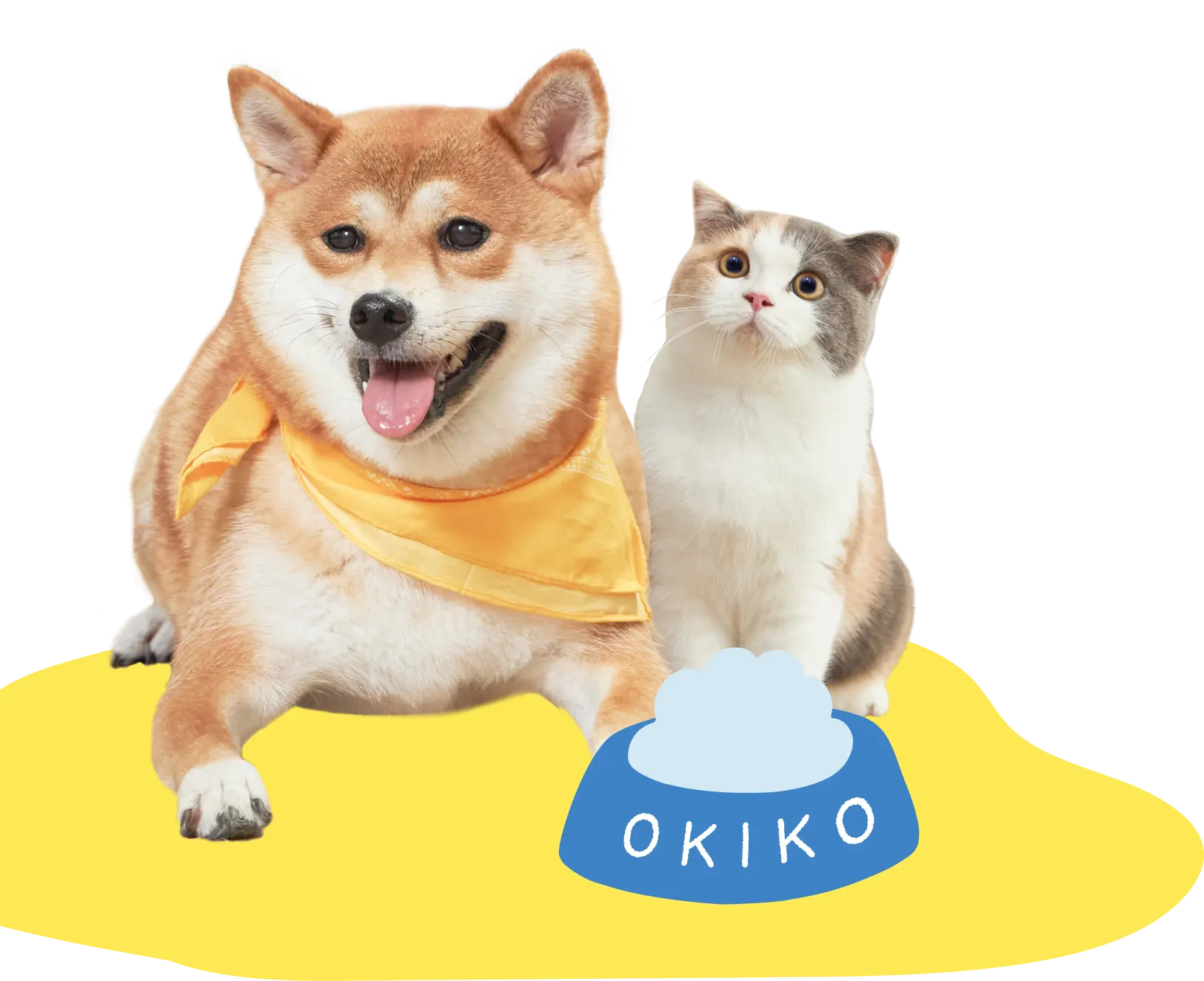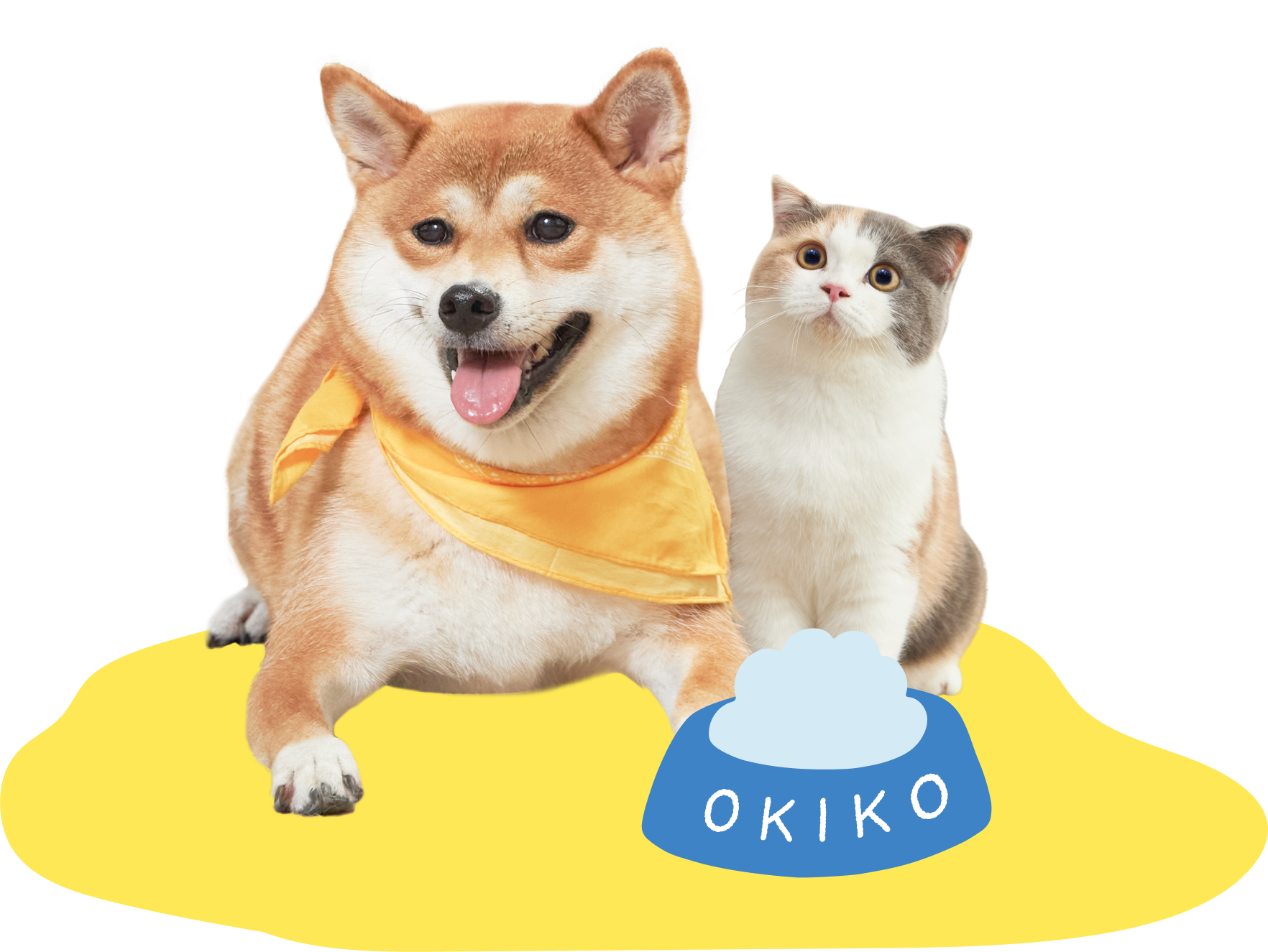Collection of interesting facts about cat vaccines 2025
Posted Date: 31/03/2568
All You Need to Know About Cat Vaccines in 2025
Many people believe that indoor cats are not at risk of any danger, but this belief is incorrect. Even if a cat rarely or never goes outside, it still needs attentive care. Cats are very good at hiding signs of illness, so special attention must be given to their health and overall well-being, including regular and appropriate vaccinations. Vaccines such as FVRCP help boost immunity and reduce the risk of severe infections, and rabies vaccines are also essential.
What Cat Vaccines Are There?
For new cat owners, it may be unclear which vaccines are necessary. Annual vaccinations are crucial for your cat’s health at every life stage, as they help strengthen the immune system and protect against dangerous diseases. Veterinarians will determine the appropriate vaccines based on the cat’s age, health condition, and weight. OKIKO has gathered all the essential vaccines that your cat needs in this article.
Types of Vaccines and the Appropriate Age for Cats
Vaccinations should begin when the kitten is at least 2 months old to help prevent serious diseases. Important vaccines that every kitten should receive include:
Rabies Vaccine
The rabies vaccine should be administered annually or every three years, depending on the type of vaccine used. It protects kittens from the rabies virus, a highly dangerous virus not only found in pets like cats and dogs but also transmissible to humans through bites or scratches from infected animals. Infected individuals may show symptoms such as aggression, confusion, and hydrophobia (fear of water) after the incubation period. Rabies is fatal in both animals and humans, and there is no effective cure once symptoms appear. Therefore, vaccination against rabies is crucial to prevent these risks..

FVRCP Vaccine
The FVRCP combination vaccine protects cats against three major viruses: Feline Distemper (FPV), Feline Viral Rhinotracheitis (FVR), and Feline Calicivirus (FCV). These viruses can cause flu-like symptoms in cats, such as nasal discharge, sneezing, and respiratory issues, making them feel unwell and vulnerable to further infections. It is recommended that cats receive the FVRCP vaccine annually to strengthen their immune system and prevent these serious viral diseases. Regular vaccination is key to maintaining good health and minimizing the risk of illness.
FeLV Vaccine
The FeLV vaccine (Feline Leukemia Virus) helps protect cats from a virus transmitted through bodily fluids such as saliva, urine, and feces. Cats can contract this virus by grooming one another or sharing food and water bowls with infected cats. FeLV can lead to serious conditions such as anemia, lymphoma, and immune deficiency disorders.
Vaccination should start at a young age or as advised by a veterinarian. Typically, the FeLV vaccine is given in two doses, spaced 3–4 weeks apart for kittens. A booster dose is recommended when the cat reaches at least 16 weeks old to ensure full protection.
FPV Vaccine
The FPV vaccine (Feline Panleukopenia Virus) protects against feline distemper—a severe and often fatal illness in cats. Kittens should begin vaccination between 6–8 weeks of age, followed by booster shots every 3–4 weeks until they are 16 weeks old, to build a strong immune response. A booster shot should then be given at 1–2 years old to maintain long-term protection and reduce the risk of infection.
4-in-1 Vaccine
The F4 vaccine, also known as FVRCCP, is developed to fight multiple respiratory-related illnesses in cats. It protects against cat flu, calicivirus, feline distemper, and chlamydia infection, which can cause severe respiratory and early-stage eye infections. Kittens should receive this vaccine at 8, 12, and 16 weeks of age, followed by a booster shot at 1 year old, and then every 3 years thereafter to maintain strong immunity.
5-in-1 Vaccine
The 5-in-1 combination vaccine is another essential option that offers broad protection. It enhances kittens’ immune systems and helps safeguard them from several serious diseases that commonly affect young cats.
Vaccine Side Effects
After vaccination, some cats may experience mild side effects, similar to those seen in humans after receiving vaccines. These reactions are generally short-lived and harmless. Common post-vaccine symptoms include:
- Fatigue or lethargy
- Loss of appetite
- Vomiting
- Fever
- Diarrhea
- Swelling or redness at the injection site
Vaccinations play a crucial role in maintaining your cat’s health, energy, and vitality. They reduce the risk of life-threatening illnesses and help your pet lead a longer, happier life. Cat parents are strongly encouraged to plan a proper vaccination schedule according to veterinary advice and consult a vet to ensure that the vaccines selected match the cat’s age and health condition for optimal protection.
OKIKO Wet Cat Food – A Reward After Vaccination
After vaccination, some cats may feel tired, lose interest in playing, or eat less. OKIKO Wet Cat Food is a great post-vaccine treat to stimulate appetite and support recovery. It’s packed with protein and essential nutrients, available in 9 delicious flavors in gravy and jelly styles that cats love. The tasty variety ensures your cat never gets bored and always eats well—even after a vet visit. Just bring along a pouch of OKIKO wet food, and your kitty will bounce back in no time!
👉 Click here to order OKIKO Wet Cat Food

สารบัญ










